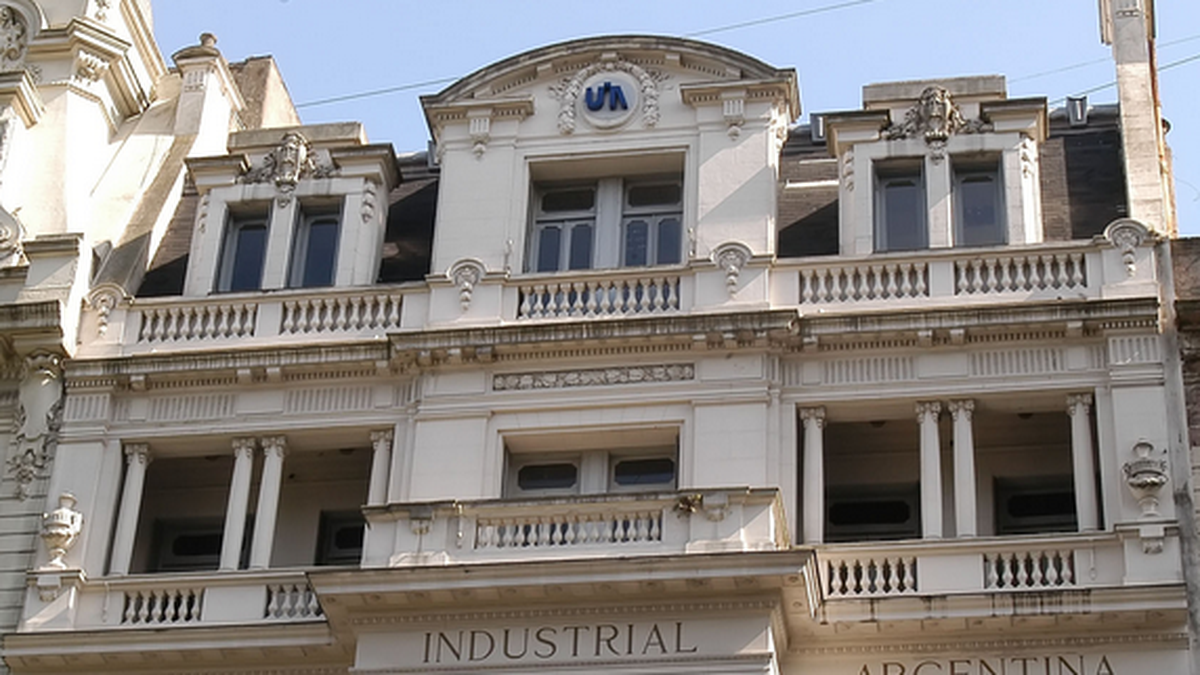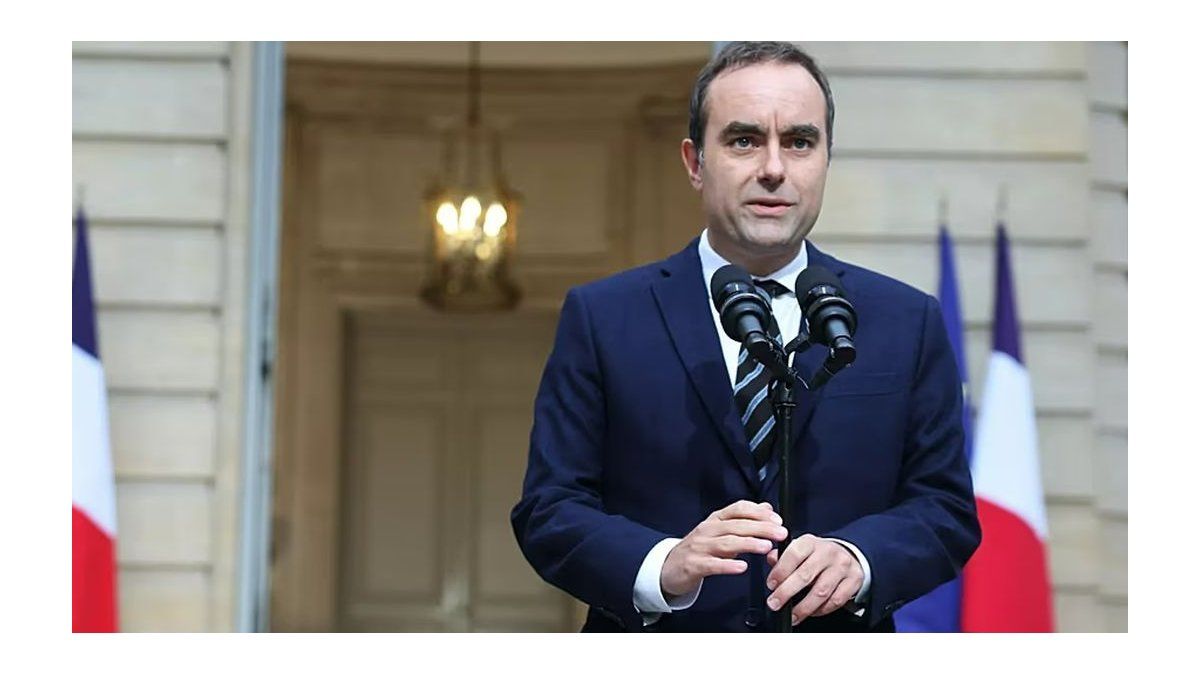According to the information presented, IGross Income is the tax with the greatest number of mechanisms for advance collection. It has 52 withholding regimes, 28 for perception and 7 for payments on account. It exceeds VAT, which has 32, and Earnings, with 19.
The four systems through which the withholdings and perceptions of Gross Income are channeled are: the so-called SIRPEI, whose collection agent is the Customs, in which the subjects are the importers and the 24 jurisdictions are adhered; the SIRTAC, for Credit Cards and reaches consumers, with 18 adhered provinces; the SIRCREBwhich reaches bank account holders and reaches 16 jurisdictions, and the SIRCARwhich includes withholdings and perceptions from 21 provinces, which define who is the collection agent and who charges them.
Agustina Briner, head of the technical teams at the UIA, explained to Ámbito that as a result of this intricate network, companies pay more. “In the import of raw material there is a perception in Customs of 22%, if the local raw material is purchased, there is a perception of 57% and if the company buys from a supplier that is not part of its chain it has 99% of withholding and if that, in addition, if it is paid by electronic transfer or payment with E-Cheq, is reached by the SIRCREB”, he explained. He specified that “a company can have its production unit in the province of Buenos Aires, but if it invoices a client from Salta, that province withholds Gross Income” . “The company accumulates balances in favor in that province and for what it pays in its own activity. It is very difficult to recover those balances,” he explained.
“Gross revenue collection schemes are no longer just tax advances, but rather collect above what is due to be paid,” says the UIA. According to data from the central business. In the first quarter of 2021, 109 companies had accumulated $6.5 billion in their favor in this way.
A survey, among the companies of the UIA, specifies that only 18.8% of the firms manage to recover the balance within a month. 45.9% take between one and 12 months and 17.3% take between 1 and 3 years; Y 17.9% consider these funds lost.
To this are added fees charged by municipalities. As it is the payment for the provision of a service, such as street sweeping, it should be a fixed amount, but the communes use the Gross Income tax base and apply a percentage to it. In this way, companies add a cost of 1 percentage point to what they already pay from Gross Income, estimates the UIA. “There are fees for which a company pays and does not receive any consideration,” warns the entity.
In a note, the manufacturing plant states that “there are tax simplification measures with no fiscal impact -such as the unified electronic tax domicile- that would be very important for the productive sector” as a way to avoid overcharging.
Source: Ambito
David William is a talented author who has made a name for himself in the world of writing. He is a professional author who writes on a wide range of topics, from general interest to opinion news. David is currently working as a writer at 24 hours worlds where he brings his unique perspective and in-depth research to his articles, making them both informative and engaging.




